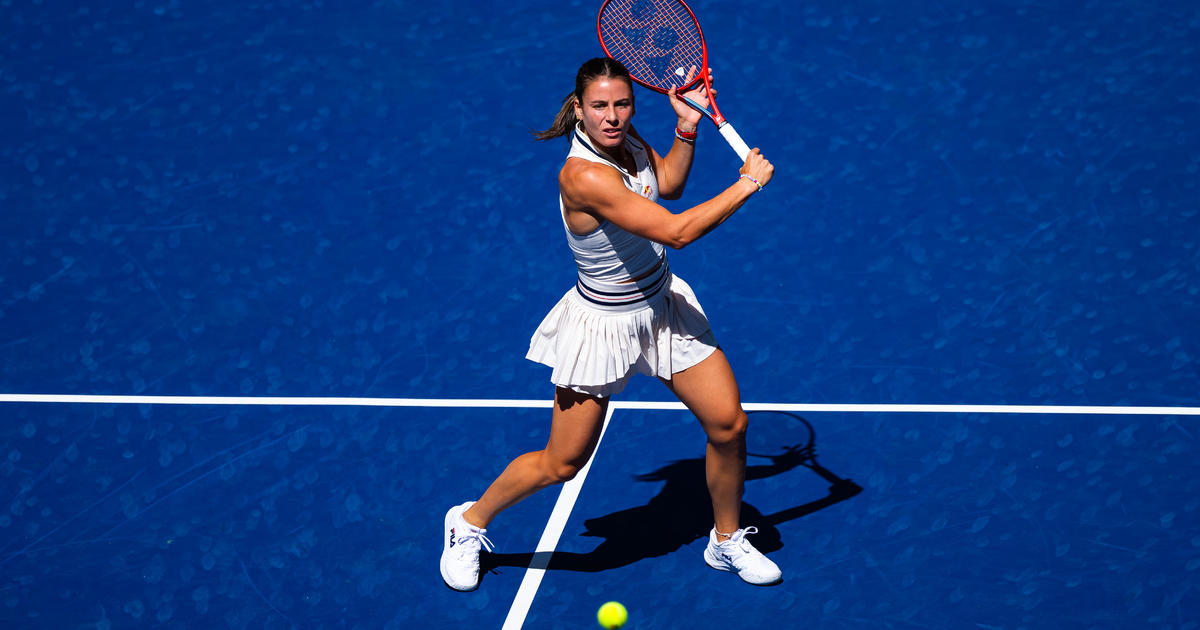The two American women who have made it to the U.S. Open semifinalists not only share grit and skill, but they have something else in common: both of their dads are billionaires.
On Thursday, 12th ranked women’s tennis association (WTA) player Emma Navarro, who is from the U.S., will face off against second-ranked Aryna Sabalenka, a Belarusian, to vie for a place in the finals. On the other side of the draw, sixth-ranked Jessica Pegula, also an American, plays Karolina Muchova, who is Czech.
Navarro and Pegula’s family wealth is no secret, with Pegula previously telling Agence France Presse it’s “annoying” when assumptions are made about her based on father’s business success.
“I did some media thing the other day. They were, like, What’s the most annoying thing?” she told the outlet. “It’s that people think I have a butler, that I get chauffeured around. I have a private limo, that I fly private everywhere. I’m definitely not like that.”
She also admitted she thinks “it’s kind of funny because I don’t really even know anyone that lives like that. It’s outrageous.”
Terry Pegula, Jessica’s father, made his fortune in oil and gas as the founder of East Resources. In 2010, he sold most of the company’s assets to Royal Dutch Shell for $4.7 billion, Forbes reported. He now oversees a sports empire, which includes ownership of the Buffalo Bills and Buffalo Sabres.
According to Forbes, Terry Pegula is worth $7.7 billion.
Navarro also has financial resources independent of her earnings on the pro tennis circuit. Her father, Ben Navarro, is the founder and CEO of Sherman Financial Group. He’s worth an estimated $1.5 billion, according to Forbes.
The financial services company purchases and services consumer debt that originates from financial institutions, credit card companies and retailers. Navarro is also the owner of the Charleston Open, a WTA Tour event.
Tennis can be prohibitively expensive, with court fees, equipment, and lesson costs adding up, and often creating barriers to entry for many young players. While both American semifinalists may have had access to top-notch coaching from a young age, no amount of money can buy a U.S. Open championship.
—With reporting from the Associated Press




